Russian troops mobbing its speed up attack in a bid to surround Ukrainian city of Bakhmut.
Citizens as well as authorities of the city in eastern Ukraine are in anxious state, said commander of Ukrainian ground forces, reports Reuters.
Quoting Ukraine's President Volodymyr Zelensky, BBC reports, the situation in the city of Bakhmut, on the eastern frontline, is becoming “more and more difficul” as Russian forces have been trying to take the city for over six months.
Russian troops are attempted to isolate the supply lines of the city and forced the Ukrainian Ground soldiers to surrender.
"Despite significant losses, the enemy threw in the most prepared assault units of Wagner, who are trying to break through the defences of our troops and surround the city," Ukraine's Colonel general Oleksandr Syrskyi was quoted as saying on a military messaging platform.
Why Russia Is So Determined to Capture Bakhmut?
If Moscow’s aim is to seize Donetsk and Luhansk by the spring, then capturing Bakhmut could be an important stepping stone in its eastern push.
Michael Kofman, the director of Russia Studies at the U.S.-based Center for Naval Analyses, said that Bakhmut represents “a gateway” to Sloviansk and Kramatorsk, both of which have been subject to recent Russian missile strikes.
Both Kofman and Karolina Hird, a Russia specialist at the Institute for the Study of War in Washington, D.C., concur that although losing Bakhmut would be symbolically devastating for Ukraine, which is unwilling to surrender any of its territory to Russia, it would not materially affect Kyiv's war effort.
“Bakhmut in and of itself isn’t that significant,” says Kofman, noting that even if Russian forces were to march onward toward Sloviansk and Kramatorsk, they would run into yet another, even more fortified Ukrainian defensive line.
“It took Russian forces eight months to advance from occupied Popasna in Luhansk Oblast to their current position in Bakhmut,” said Hird, a distance of roughly 20 miles. With the journey from Bakhmut to Sloviansk and Kramatorsk taking closer to 30, only one outcome is guaranteed: “Months and months and months of grinding, attritional conflict.”
The Ukrainian military said early on Tuesday referring to Bakhmut and nearby eastern areas, "Over the past day, our soldiers repelled more than 60 enemy attacks," adding that Ukrainian forces repelled Russian attacks on the villages of Yadhidne and Berkhivka, on the northern approaches to Bakhmut.
Ukrainian military analyst Oleh Zhdanov said Russian forces had driven a wedge between those villages as they tried to cut the road west to Chasiv Yar.
"The southern part of Bakhmut is the only area which can be described as under Ukrainian control. In all other districts, the situation is unpredictable," he said in a video commentary, adding: "It is impossible to say where the front line lies."
Ukrainian soldiers in Donetsk region hunkered in muddy trenches after warmer weather thawed out the frozen ground.
"Both sides stay in their positions, because as you see, spring means mud. Thus, it is impossible to move forward," said Mykola, 59, commander of a Ukrainian frontline rocket launcher battery, watching a tablet screen for coordinates to fire.
The spring thaw, known as the rasputitsa, has a history of ruining plans by armies to attack across Ukraine and western Russia, turning roads into rivers and fields into quagmires.
In a zigzag trench, Volodymyr, a 25-year-old platoon commander, said his men were prepared to operate in any weather. "When we're given a target that means we have to destroy it."
"Vicious battles are going on there. The command is doing everything it can to stop the enemy from advancing through our territory," Serhiy Cherevatyi, a spokesperson for Ukraine's eastern military command, told Ukrainian television.
Russia said its forces had destroyed a Ukrainian ammunition depot near Bakhmut and shot down U.S.-made rockets and Ukrainian drones.
However, international news agency Reuters could not verify the battlefield reports.
The Russian defence ministry said the United States was planning a provocation in Ukraine using toxic chemicals. There was no immediate U.S. response.
Moreover, U.S. Treasury Secretary Janet Yellen became the latest senior Western official to visit the Ukrainian capital, promising assistance and more measures to isolate Russia after meetings with President Volodymyr Zelenskiy and other officials following her boss, President Joe Biden.





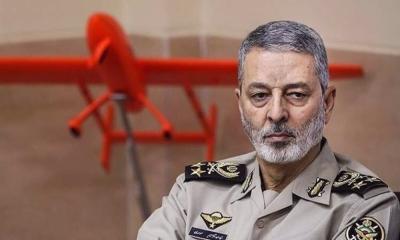

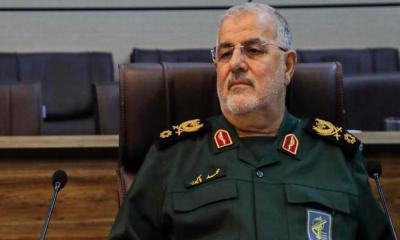
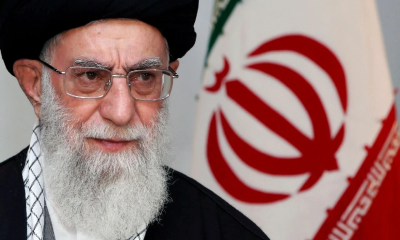
-20260301064029.webp)
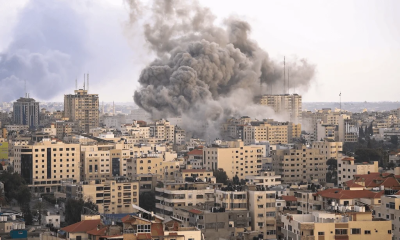

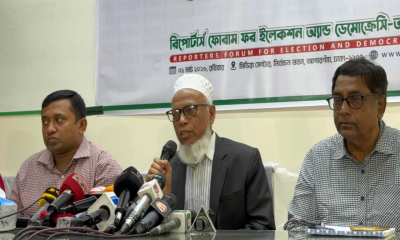

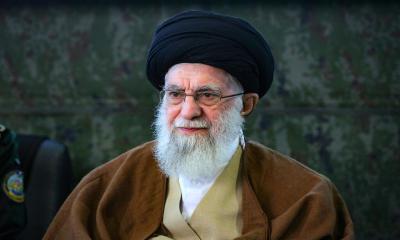
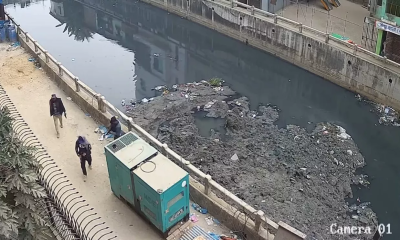
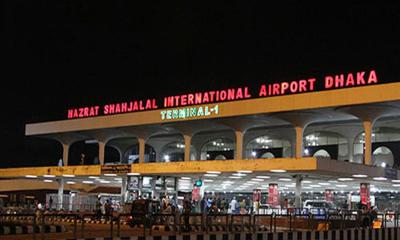

-20260228080513.webp)





-20260224075258.webp)






-20260225072312.webp)
